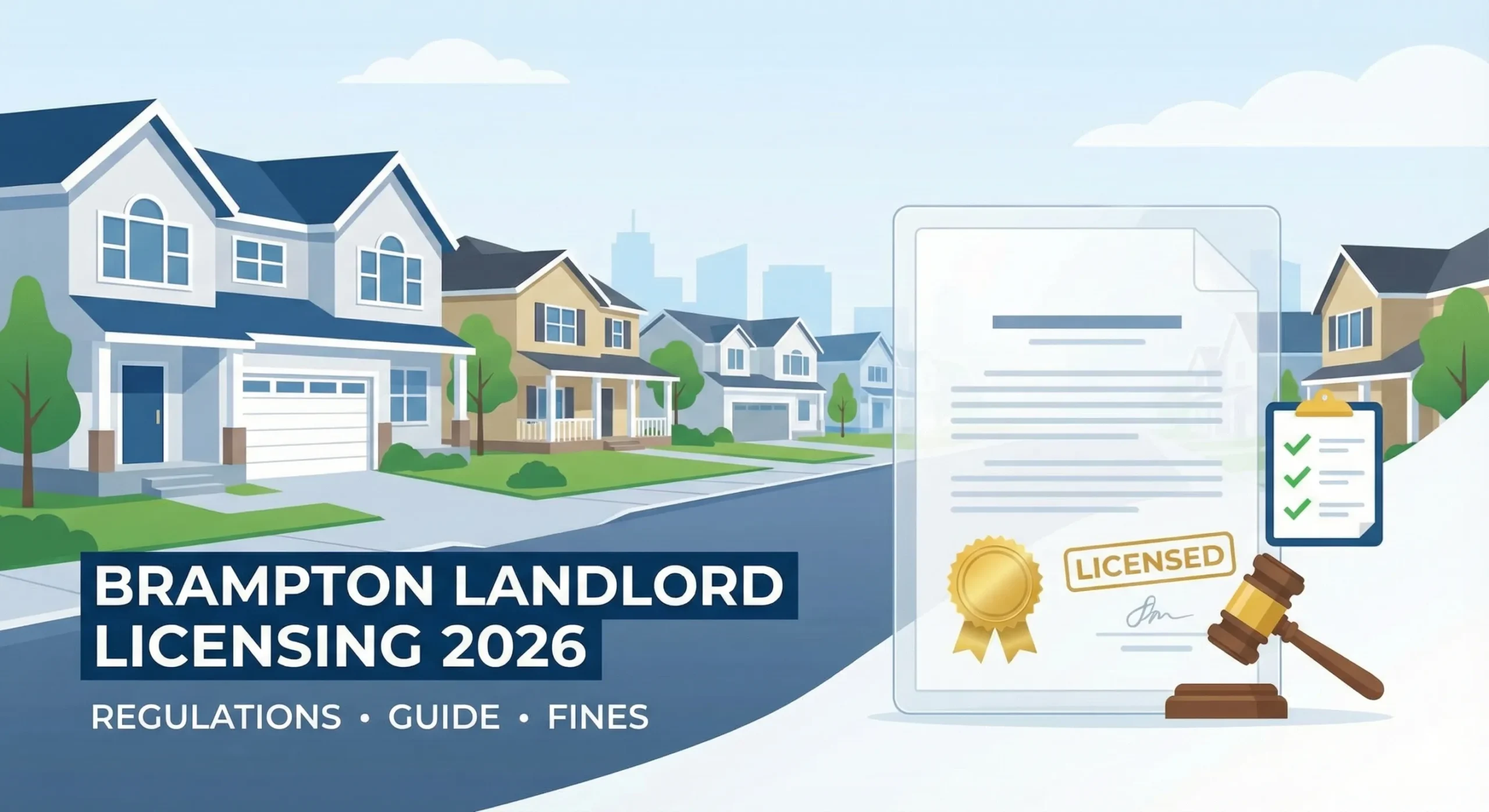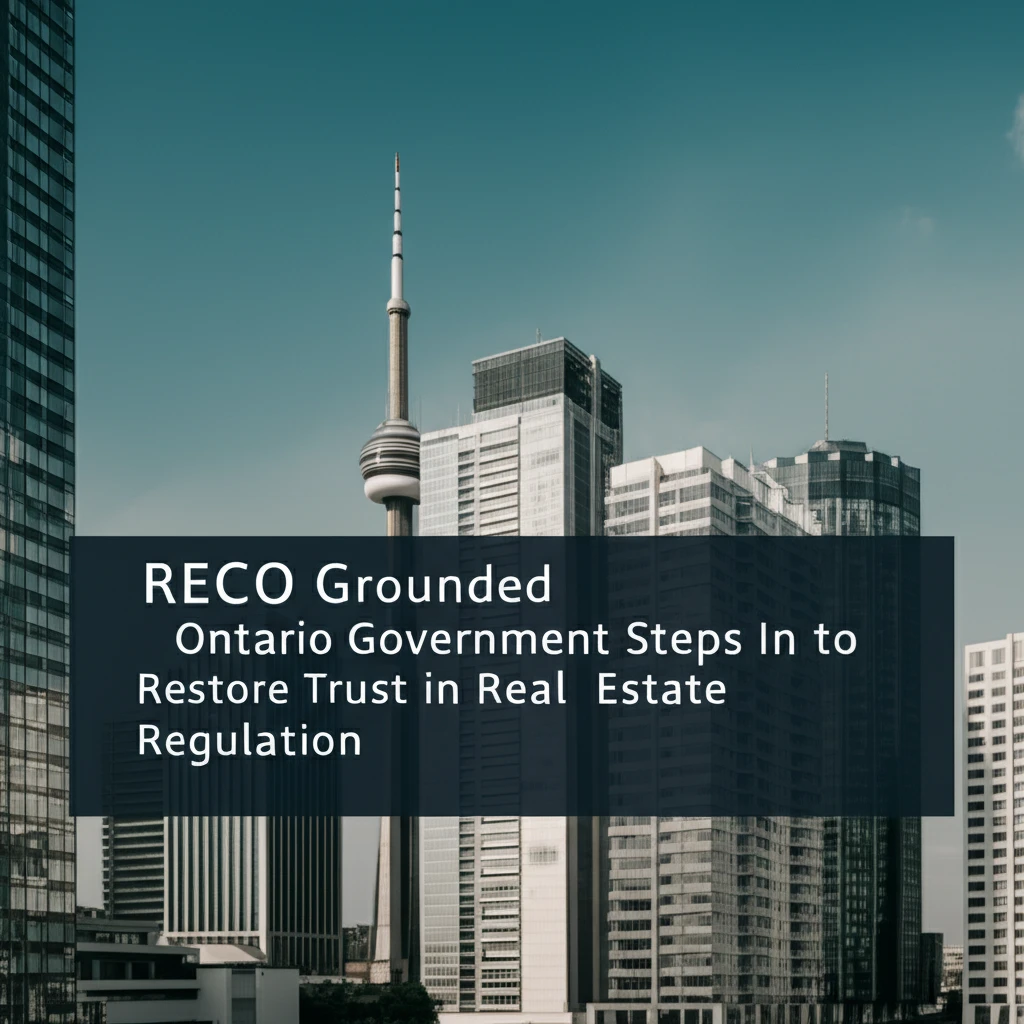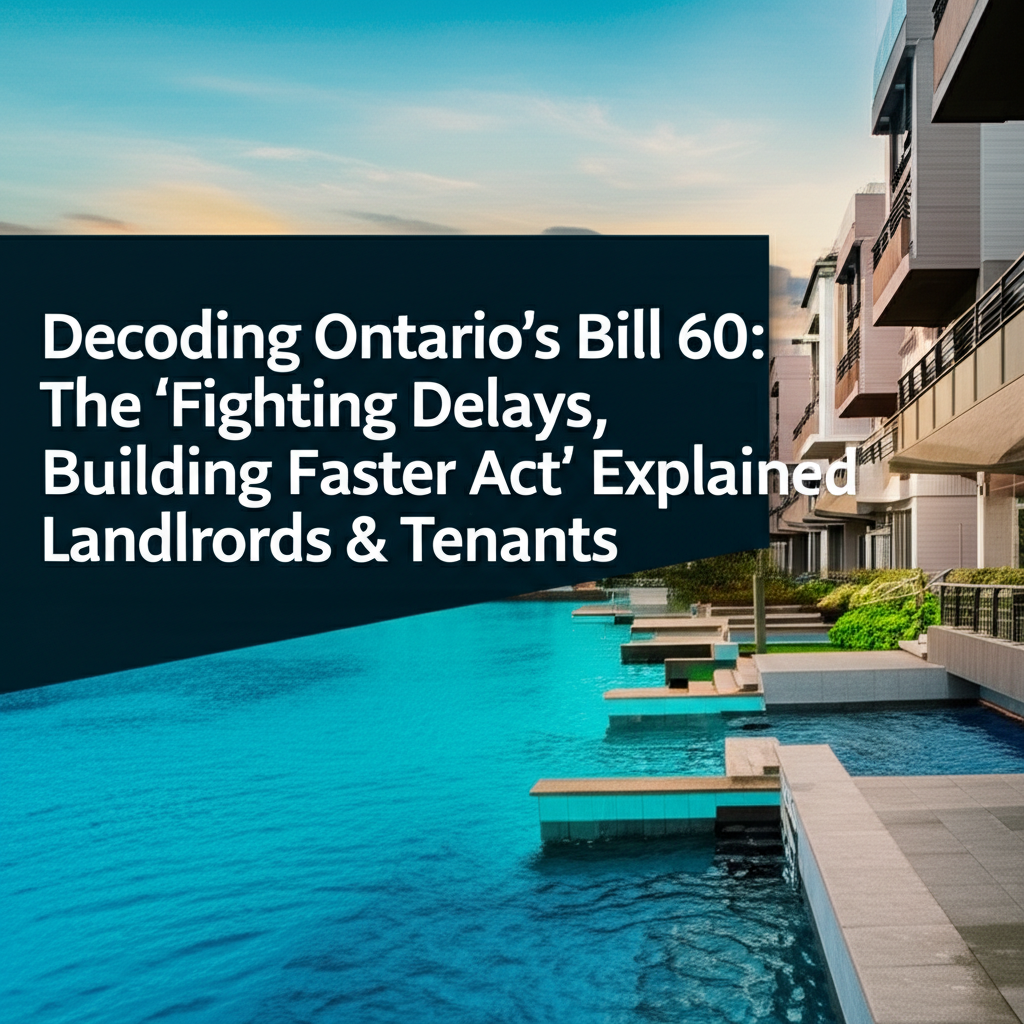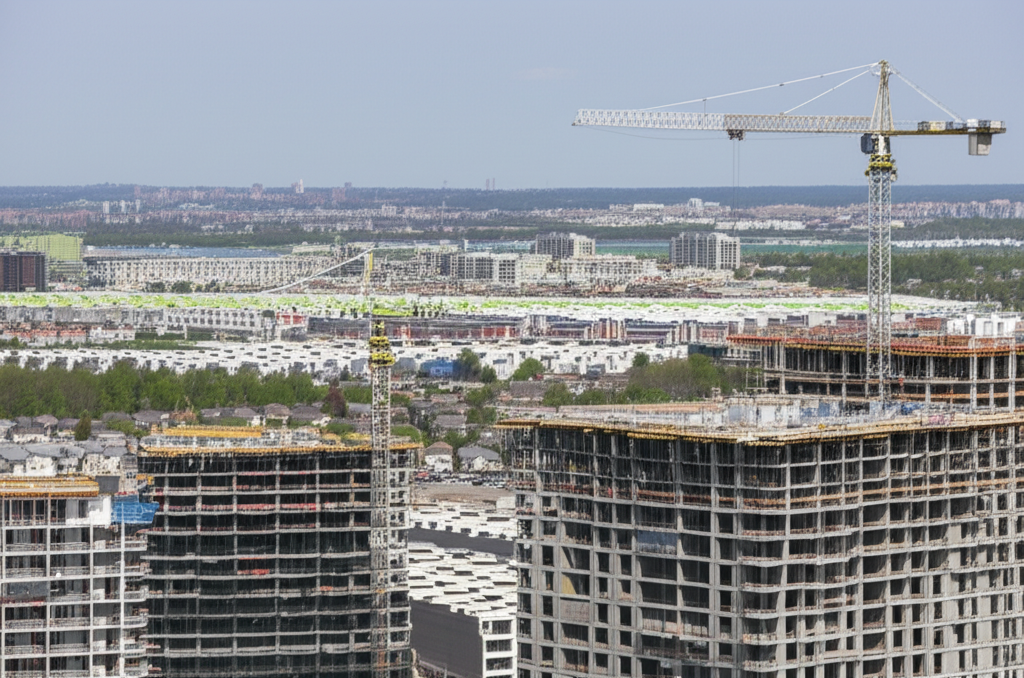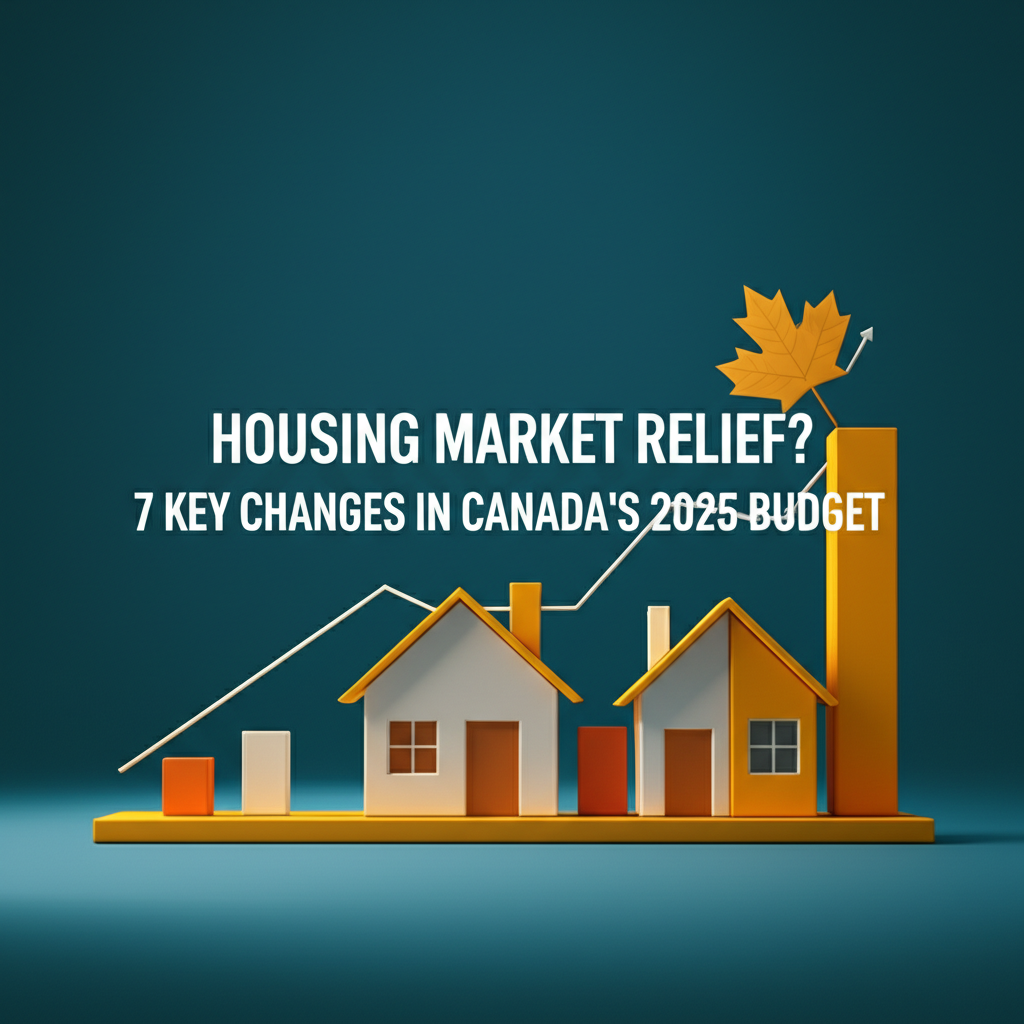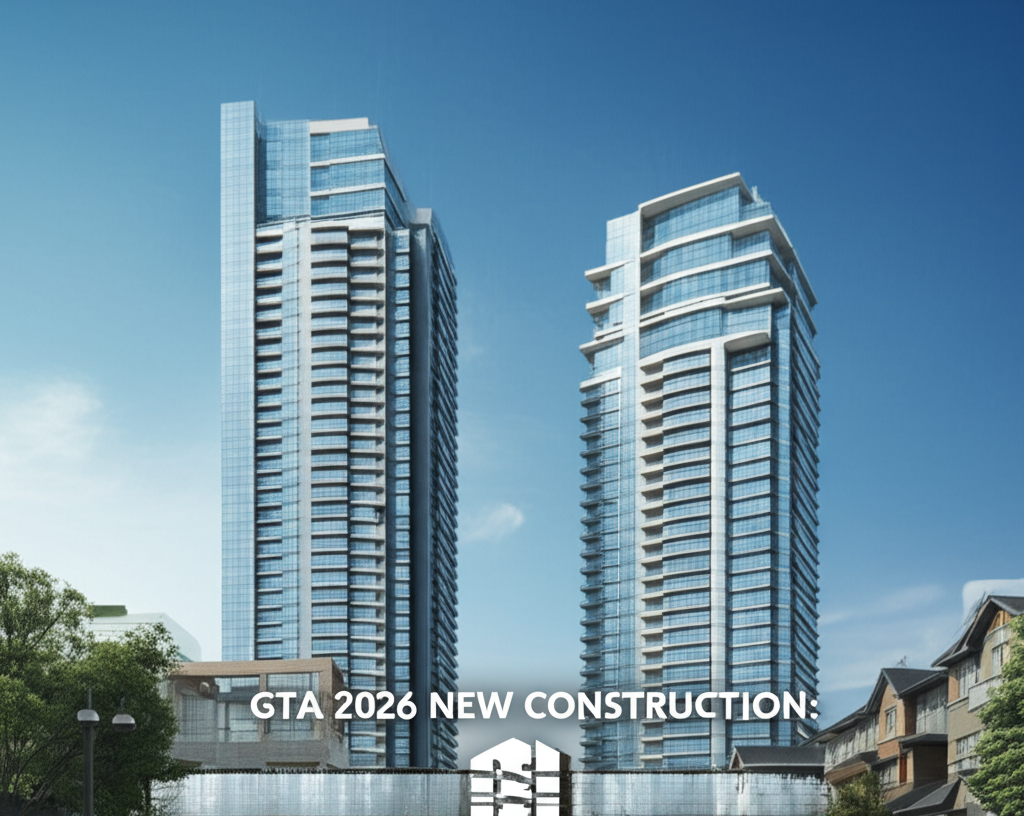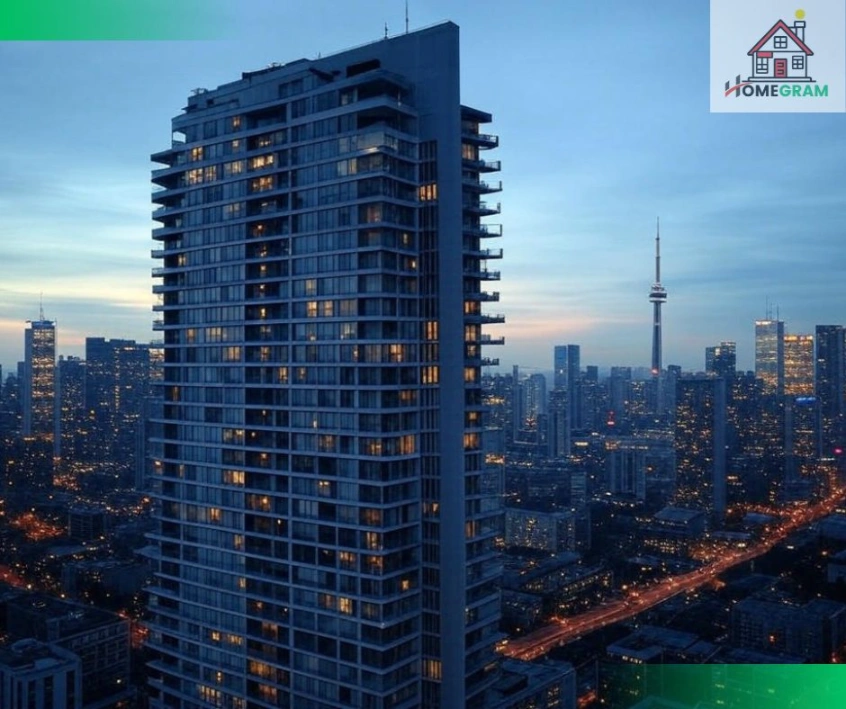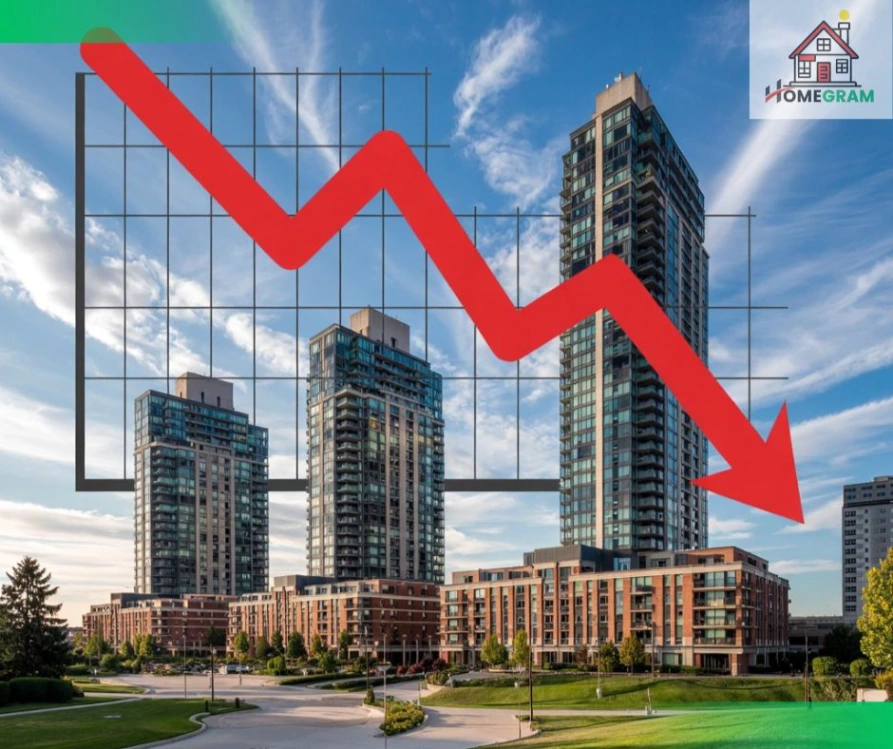Declining condo sales in Toronto: What’s Behind the 23.5% Drop and What Comes Next?
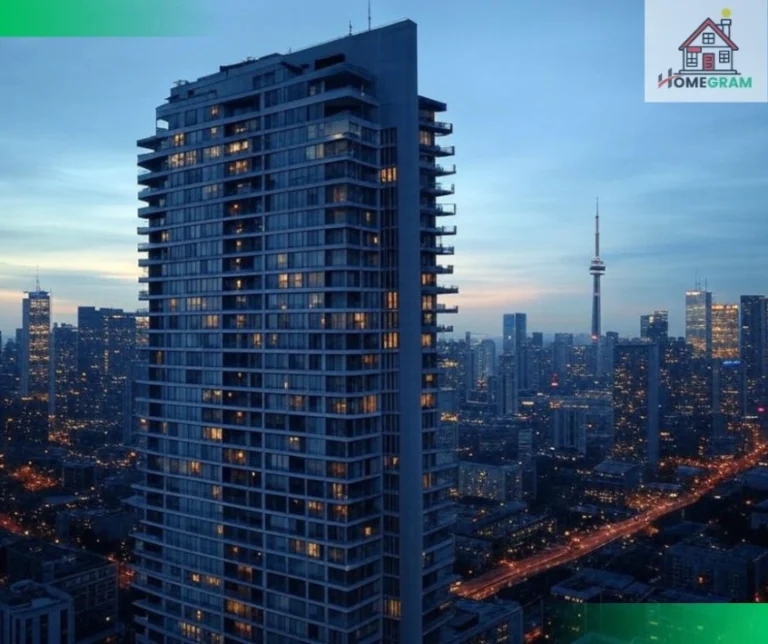
Table of Contents
Introduction: Declining condo sales in Toronto
The Toronto real estate market is known for its rapid pace and sky-high prices—but not all segments are following that trend. While freehold homes continue to attract bidding wars, Toronto condos are experiencing an unprecedented slump. In March alone, condo sales in the Greater Toronto Area (GTA) dropped by a staggering 23.5%, according to the Toronto Regional Real Estate Board (TRREB).
In this article, we’ll explore the reasons behind this significant decline, analyze expert opinions including insights from veteran realtor and real estate blogger David Fleming, and look ahead to what this shift means for buyers, sellers, and investors.
What You’ll Learn:
- Why condo sales are falling while houses are selling fast
- How pre-construction investments have turned into lawsuits
- What buyers and sellers should do in today’s market
- Predictions for the Toronto condo market in 2025 and beyond
The Numbers Don’t Lie—A Deep Dive into Toronto’s Condo Slowdown
Condo Sales Down, Listings Up
March 2025 marked a critical point for the GTA condo market. Sales dropped by 23.5% while listings increased—a dangerous combination that has led to the lowest absorption rate in years. According to David Fleming, “Only one out of every four condo listings is resulting in a sale,” a figure he describes as the worst he’s seen in his career.
The Freehold-Condo Divide Widens
While condos struggle to sell, freehold homes are experiencing a boom. Fleming notes receiving seven offers and $650,000 over asking on a Riverdale house—on the same day he got a lowball condo offer at 88% of the list price. This growing gap in demand suggests a fundamental shift in buyer preferences.
Why Are Condo Sales in Toronto Plummeting?
Residual Effects of 2021-2022 Market Euphoria
The frenzied real estate market during the pandemic led many buyers to rush into condo purchases, especially in the pre-construction segment. Back then, listings sold within days, often at prices 20–30% over asking. Today, buyers and sellers who expect similar outcomes are facing a harsh reality.
Unrealistic Pricing Strategies
A significant portion of sellers are still using outdated tactics—like pricing low to attract bidding wars. Fleming estimates this strategy now works in only 10% of cases, down from 60% during the peak years. “You’re in the wrong year if you’re listing low with an offer date,” he warns.
Interest Rates and Buyer Hesitation
While interest rates are gradually declining, they remain significantly higher than pandemic-era lows. First-time condo buyers—the group that largely fuels this segment—are hesitant. Many fear that prices will drop further, making them reluctant to commit even at discounted rates.
The Pre-Construction Crisis and Legal Fallout
When Investments Turn into Lawsuits
One of the most troubling trends is the rising number of lawsuits against pre-construction condo buyers. Developers are suing buyers who can’t close on their units—a rare move that underscores how unstable the market has become.
Why is this happening? Buyers who paid inflated prices in 2021–2022 now find themselves underwater. With current market values lower than their agreed purchase prices, many simply can’t get the financing needed to close.
“Gambling, Not Investing”
Fleming has long avoided selling pre-construction condos, calling the segment speculative and overpriced. “Pre-construction is gambling,” he says bluntly. “You don’t walk into a casino, lose everything, then say ‘I changed my mind.’” The legal precedents set in these lawsuits could reshape how developers and buyers interact for years to come.
Real-Life Example: When Identical Units Have a $100K Gap
One listing Fleming described perfectly illustrates the market confusion:
- A condo listed at $599,000
- An identical unit one floor up priced at $699,000
This 100K difference reflects either lack of awareness or seller apathy. “That’s not a recipe for success,” Fleming warns. Without realistic pricing, sellers risk leaving their units stagnant on the market for months.
Expert Advice for Buyers and Sellers in Today’s Market
For Buyers: It Might Be a Great Time—If You Think Long-Term
If you’re in the market for a condo and plan to live in it for at least 5 to 6 years, now might be the best time to negotiate a great deal. Prices are lower, competition is thinner, and interest rates are likely to continue dropping.
For Sellers: Be Realistic or Prepare to Wait
Gone are the days of listing on a Thursday and selling over asking by Monday. Sellers need to align pricing strategies with today’s market realities. Ignoring trends means longer time on market—and lower offers.
Toronto Condo Market Outlook: What’s Next?
A Rebound Is Inevitable—But Not Immediate
History shows that all real estate dips are followed by eventual rebounds. While condos may remain sluggish for the next 6–12 months, the lack of new construction points to a major supply deficit in 4–5 years. Fleming predicts that this shortage will drive the next condo boom.
Watch These Indicators for Recovery:
- Interest rate cuts by the Bank of Canada
- Government policy changes affecting immigration or housing
- Shifts in affordability in the freehold segment
- Decrease in new condo developments
Pros and Cons of Buying a Condo in 2025
| Pros | Cons |
|---|---|
| Lower prices and less competition | Possible short-term price dips |
| More room to negotiate with sellers | Higher mortgage rates than 2021–22 |
| Good selection across neighborhoods | Limited buyer confidence |
Frequently Asked Questions (FAQs)
Q: Are condo prices in Toronto still falling?
A: Yes, prices remain soft as demand lags behind supply. Some units are selling well below list price.
Q: Is it a good time to buy a condo in Toronto?
A: If you plan to hold the property for several years, you could benefit from today’s lower prices.
Q: What happens if I can’t close on my pre-construction condo?
A: Developers may take legal action to recover losses. Speak to a real estate lawyer immediately.
Q: How long will the condo market stay slow?
A: Experts anticipate another 6–12 months of stagnation before signs of a rebound.
Conclusion: Toronto’s Condo Market is Down—But Not Out
The Toronto condo market is undergoing a reset, and for many, it’s a painful one. But with market corrections come opportunities—for smart buyers, strategic sellers, and patient investors.
Whether you’re looking to buy, sell, or simply stay informed, understanding the forces shaping today’s market can help you make better decisions.
💬 What’s your experience with the condo market right now? Leave a comment below or share this article with someone who’s thinking of buying or selling in Toronto.
📩 Subscribe to our newsletter for weekly real estate insights and market updates.
References
- Internal Link: Market Outlook 2025 Toronto
- External Link: TRREB Official Market Stats
Popular

